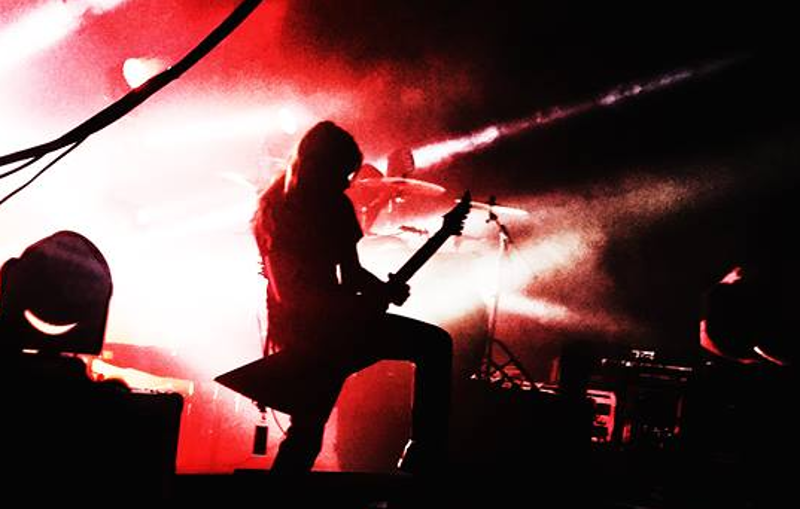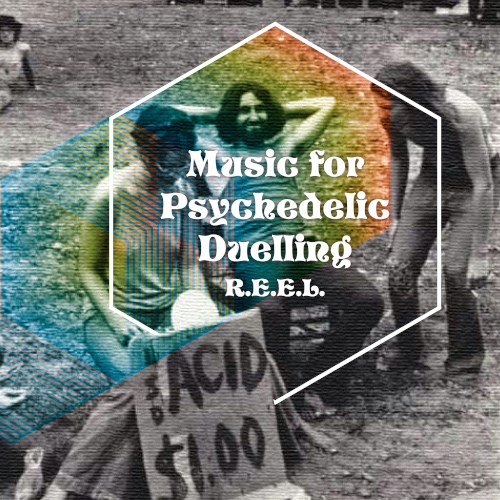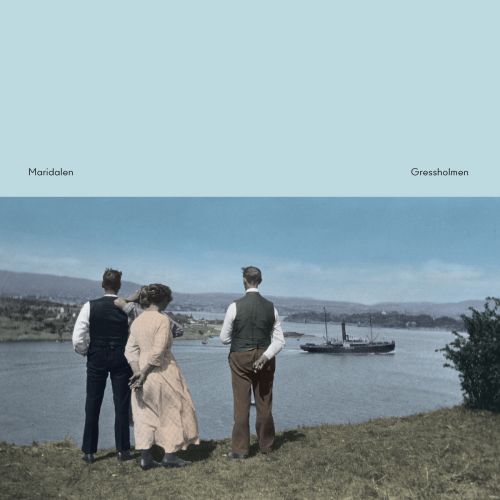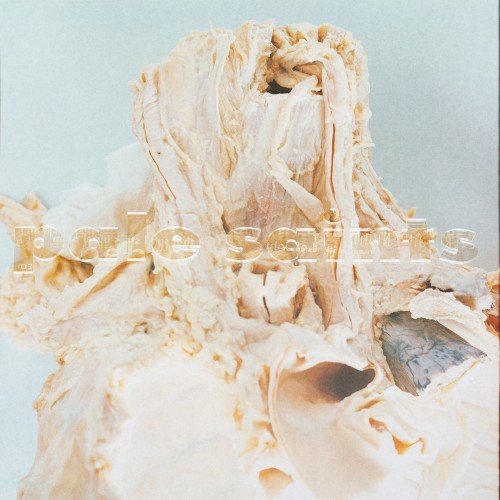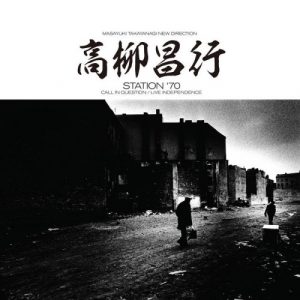 Masayuki Takayanagi is something of a legend in free circles, although tricky to place — nominally free jazz, but a great deal more aggressive than that. Also proximal to free improv, but again a fair amount more savage and, with the exception of maybe Derek Bailey, Takayanagi was more transparently immersed in some very heavy jazz techniques.
Masayuki Takayanagi is something of a legend in free circles, although tricky to place — nominally free jazz, but a great deal more aggressive than that. Also proximal to free improv, but again a fair amount more savage and, with the exception of maybe Derek Bailey, Takayanagi was more transparently immersed in some very heavy jazz techniques.
The most tempting narrative — and I’m not well-versed enough to resist it — is that this is a prototypical form of a lot of what Japanese music came to be known for later: a counterpart to the younger hard-blower Kauro Abe, a more harshly abstracted version of Fushitsusha, a presaging nod to ’80s Japanese noise, particularly the band versions thereof (Incapacitants, Hijokaidan).
None of this is to say that Takayanagi is entirely sui generis, but it’s worth noting, for my money, that there’s an energy to this which is hyperbolic, unsustainable — think of something like Peter Brötzmann‘s Machine Gun, but with fewer discernible edges to grab onto. Takayanagi, like Derek Bailey, is someone whose guitar playing is terrifying for its angles — seemingly never out of the red, each pause on the fretboard soaks the sound in feedback squall; plenty of places he’ll control it in a tonal fashion, plenty of places it emerges simply from the wash. The drummer is all-in-the-red hyperactive, some ADHD Han Bennink and, unlike the earlier CD reissues, I can actually hear the bassist here, every now and then.I’m reminded — and I wonder if it’s an inspiration for — of one of the pieces on Otomo Yoshihide‘s Anode. The basic idea (I’m glossing) being that each not for the ensemble should not be allowed to decay without another note — so there’s a frantic avalanche of short and unstoppable sounds, peeling over each other. Not perhaps sonically similar, but in terms of the capacity for energy, rolling forwards. In fact, the opposite of what I often see as the logic of noise — all terribly exciting, but with diminishing returns as the intensity of sound is rarely match with the virtuosic playing that would allow for the development.
This being Black Editions re-issues, the sleeves are doubtless fit as fuck. I’ve only got review WAVs, but I’ve had previous Black Editions pieces and they are exquisite — gorgeously detailed and subtle sleeves that are also sturdy and well-designed. So definitely one for your free music-loving uncle.I would say that if you have the CDs, it’s tricky to say whether the newly-unearthed material on this collection is worth it. Like, I enjoy the CDs a lot and they’re a real highpoint in virtuosic playing in free music — I’d stand by that — but they are such intensely foreboding listens that they don’t come out very much. That the new material here will form part of an understanding of what Takayanagi was up to in 1970 is imperative, and I’d recommend this collection as fuck if that sounds interesting to you. I’m just not sure how much I’m going to play this (unless of course Black Editions wants to send me the LPs, in which case I’ll listen as fuck).
There’s also plenty here that sits well within established free improv — that kind of scratchy fidgety discontinuous music that is somehow preponderous in mood. Great, but really it’s Takayanagi’s capacity for emulating some free improv freight train with a vendetta against gravity that makes this a banger of a set.Really, Takayangi does deserve to be listened to by anyone into experimental music and it’s great that this material is getting the luxury re-issue treatment. So yeah. Formidable, in the red, and compellingly exhausting. Get on it.
-Kev Nickells-
